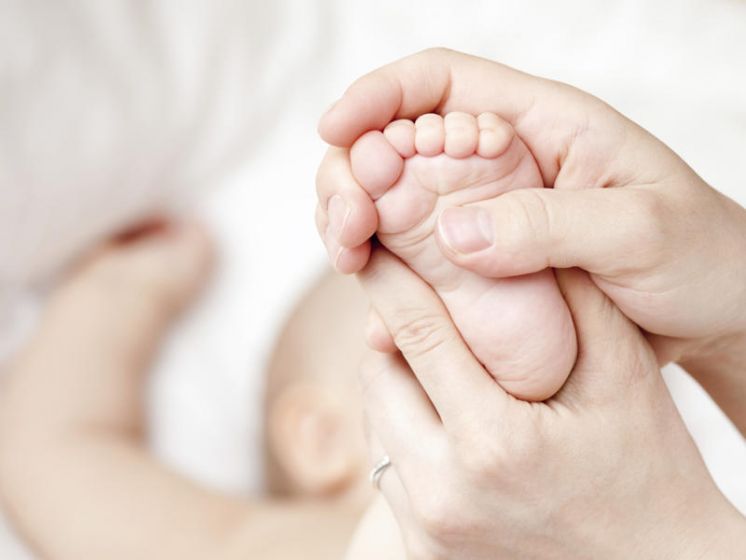Infant Massage
Infant massage has been practiced for centuries, and continues to this day with scientific evidence supporting the art. Whether a newborn is days, weeks, or years old, parents can learn safe massage techniques for their children that can be extremely beneficial to both parties. This includes eye contact, body language, and supportive light touch. This is very different than massage for adults, since it focuses less on manipulating tissues, and is more of a communicative avenue for relaxation.
As the parent starts to recognize the behavioral patterns and cues of the baby due to their time together, a more secure bond will form through comforting touch. Not only will the cognitive and social outlook for the infant be healthier, massage helps to stop crying, reduce stress and anxiety, and help babies sleep better through the night. It also improves the release of hormones, strengthens the gastrointestinal system, improves muscle coordination and range of motion, and stimulates circulation. For the parent, massage promotes parenting skills, reduces blood pressure and stress, and improves the bonding and relationship with their child.
When massaging your baby, there should be quiet, relaxing music playing. Listen to their heart beat, watch their face and body movements, and start to recognize their cues. If they are old enough to talk, ask permission and facilitate communication. Provide very light, gentle touch, such as small circles or long strokes, on different parts of their body, and as the child grows older, the touch can become firmer. If there seems to be any discomfort, such as squirming or crying, discontinue the massage and wait until they are comfortable.
It is best to wait at least thirty minutes after the child has eaten before performing any kind of massage to prevent vomiting. While massage can be used for children with special needs, such as the physically or mentally challenged, direct touch may be too much to handle for children who are born with exposure to toxins, or who were born severely premature. There are several conditions in which it would be unadvisable to massage, such as fever, infections, surgery, jaundice, and meningitis. If you have any concerns, it would be best to discuss infant massage with your primary physician before beginning.
Infant massage is a wonderful way to relax and spend time with your new baby. It’s a natural way to nurture and comfort them as much as yourself. Begin to enjoy it today!
Written by: Simone Paras, LMT
